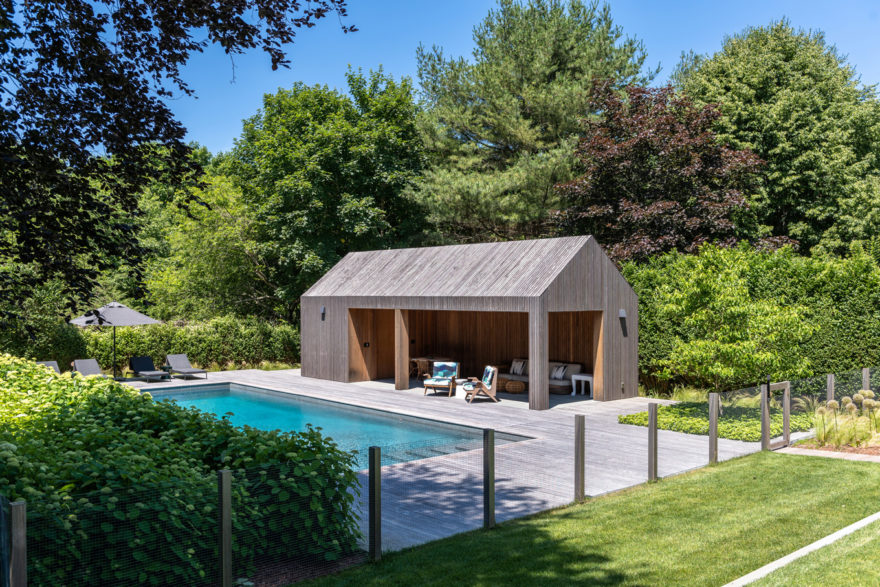In this video & article, we discuss reSAWN’s Accoya modified wood offering which is prefinished with a waterborne exterior oil. Our one-coat (1C) and two-coat (2C) product offerings provide specifiers with the choice of a more saturated color if desired.
1C Option – Finished with 1 Coat
‘1C’ denotes Accoya wood that is prefinished with one coat of our proprietary exterior oil in the factory. There is no need to apply a second coat of finish post-install.
2C Option – Finished with 2 Coats
‘2C’ denotes Accoya wood that is prefinished with one coat of our proprietary exterior oil in the factory AND will require the installer to apply a second coat of finish post-install. This finish will be included on the sales order and shipped with the materials. Applying a second coat of finish post-install will further saturate the initial color of the cladding and extend the duration of the deeper color.
The video focuses on RAILAY 1C and RAILAY 2C, two of reSAWN’s Accoya wood products with a waterborne exterior oil.
Video Transcript:
Hi, I’m Diane with reSAWN TIMBER, and I’m here today to talk to you about several of our Accoya products that are available with 1C or 2C exterior finish. 1C indicates Accoya is prefinished with one of our exterior oils in the factory, and this does not require a second coat. 2C indicates Accoya is prefinished with one of our exterior oils in the factory, which will require a second coat onsite by the installer.
The big difference between 1C and 2C is the color saturation on day one and as it weathers over time. Applying a second coat of Accoya does enhance the initial color of the exterior cladding and it extends the life of that deeper color over time. However, if you choose not to apply that second coat of finish, that can be a cost savings for your project.
I’m here at the factory in Pennsylvania and we do testing of our own products outside on our weathering rigs. We test for aesthetics and performance. So here are two examples. This is RAILAY 1C and RAILAY 2C – these have been outside on our weathering rigs since September 2021. That is 10 months of accelerated weathering. It’s considered accelerated weathering because it’s on our rigs on a 45 degree angle facing due South.
So 10 months of accelerated weathering represents approximately 30 months on the job site. So you can see they are weathering a little bit differently, but yet they’re weathering beautifully. So as you have your project needs or requirements for exterior cladding and Accoya modified products, give us a call at reSAWN TIMBER and we’d be happy to help you out. Thanks!
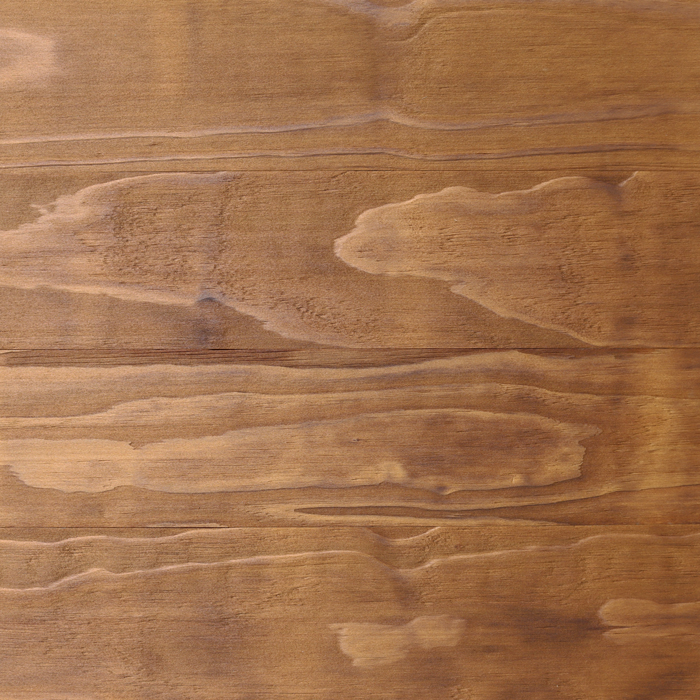
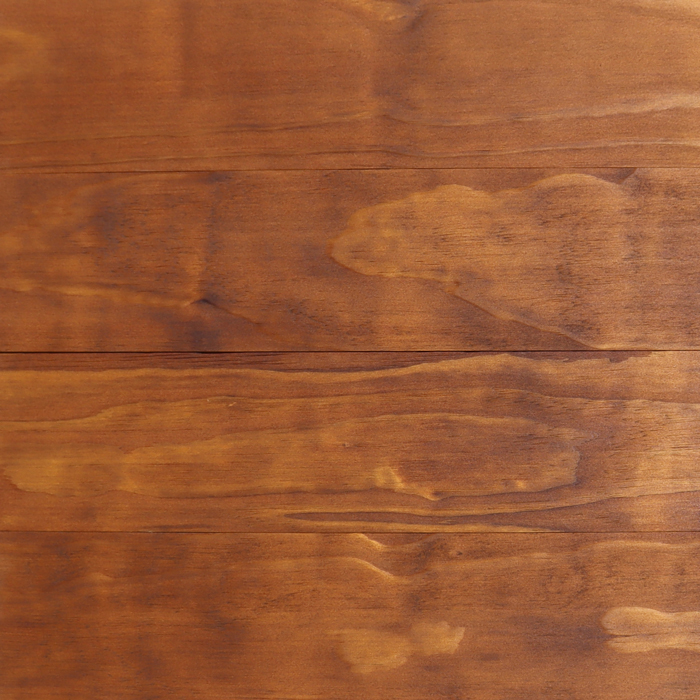
What are the benefits of Accoya wood?
- Performance: Tried and tested in the USA. Accoya wood is stable, water and rot-resistant, and comes with a warranty. Accoya wood is thoroughly tested and designed to perform with minimal movement (swell/shrink/distort). Accoya is indigestible by various insects, including termites, resulting in an effective barrier. With a 50-year above-ground and 25-year below-ground and freshwater warranty, Accoya wood can be specified with confidence and enjoyed for decades.
- Finish: reSAWN’s carefully crafted Accoya products are thoroughly vetted and tested via reSAWN’s research and development processes to test the aesthetics and performance of the wood in addition to how it weathers. Materials will arrive on-site prefinished, with the option to apply a second coat if desired. Our proprietary finishing process combined with Accoya wood provides a beautiful, low-maintenance exterior siding option.
- Sustainability: Sustainability is at the core of Accoya’s business and is part of the entire life cycle of the material, including sourcing, production, and recycling at the end of life. Accoya wood products are FSC® certified, have a low carbon footprint, and are non-toxic to people, pets, and the environment. Accoya wood is the only construction material to achieve Cradle to Cradle Platinum Certification™ for Material Health. Accoya wood siding specifications have a minimal environmental impact.
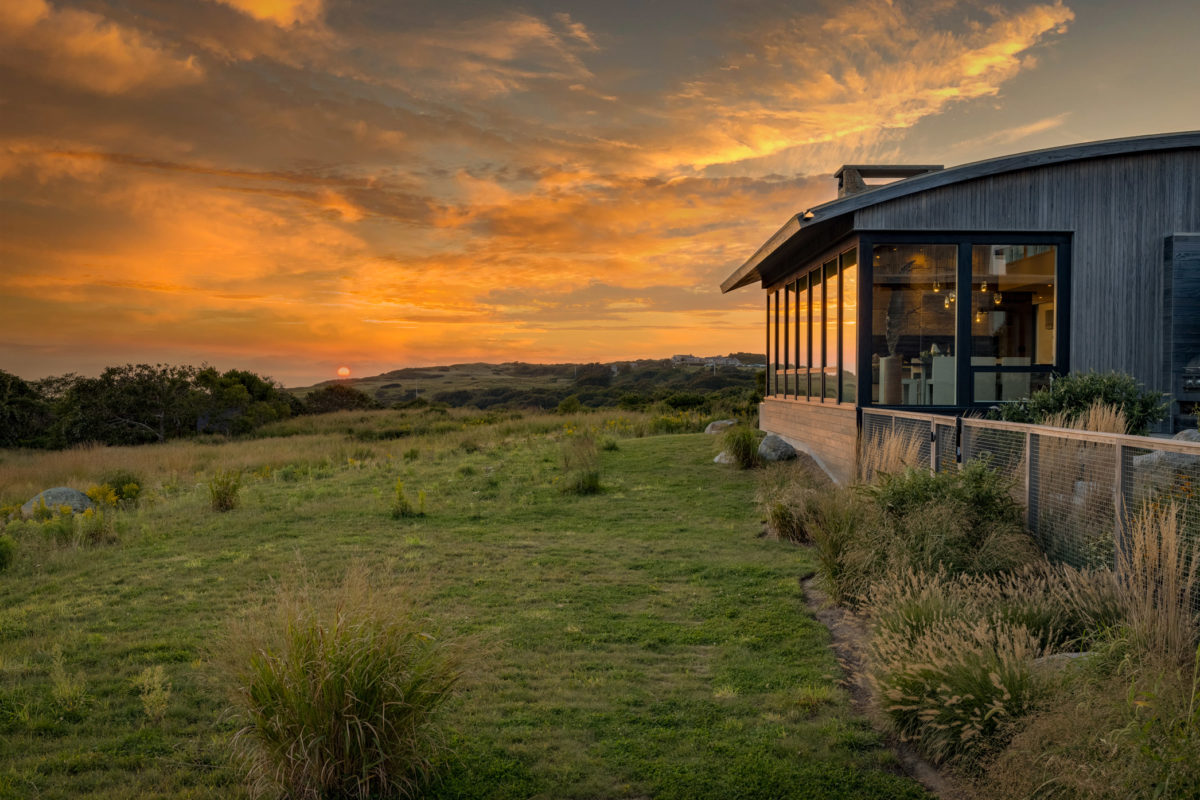
How is Accoya wood modified?
Accoya wood is modified through a process known as acetylation. Accoya takes radiata pine, a softwood, and subjects it to a vinegar known as acetic anhydride. Acetyls are naturally present in wood, and acetic anhydride enhances the hydroxyl groups, providing water-repelling characteristics. This process turns the softwood into a hardwood by preventing the cells in the wood from being able to absorb water. This vinegar is verified as non-toxic with Cradle to Cradle Certified Gold, scoring ‘Platinum’ for Material Health. This modification process gives Accoya its durability and rot and decay resistance.
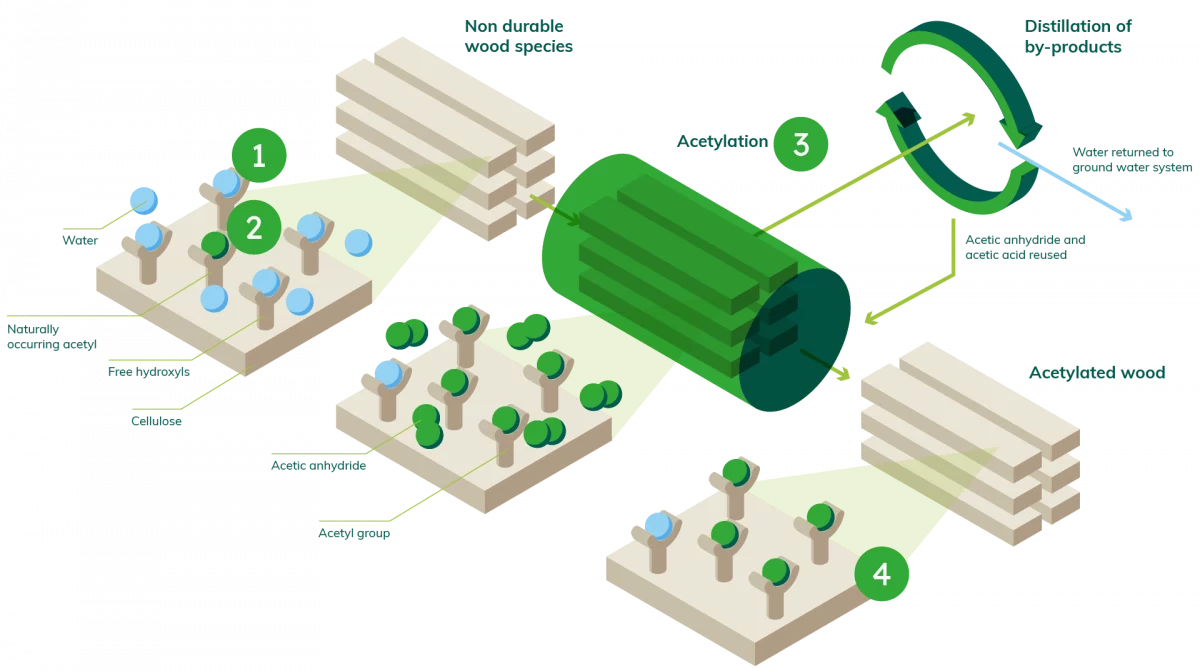
Does Accoya wood require a lot of maintenance?
Not only is Accoya’s durability proven, but it has also been shown to retain its appearance, requiring much less frequent maintenance than other wood species. Since Accoya wood undergoes the acetylation modification process, it requires little to no maintenance. The modification process enhances the performance of Accoya wood, providing outstanding dimensional stability that results in lower maintenance frequency and therefore less coating over the lifetime of the product.
Accoya wood doesn’t require recoat maintenance. However, if the desire is to get back to that day one color, we do recommend a recoat for aesthetic purposes. Maintenance and recoating guidelines vary by product. Contact reSAWN TIMBER co. for product-specific information.
Samples of our Through Body Color Accoya products are available for architects and designers at no cost and shipped via UPS Ground. Click on the button below to order samples.
